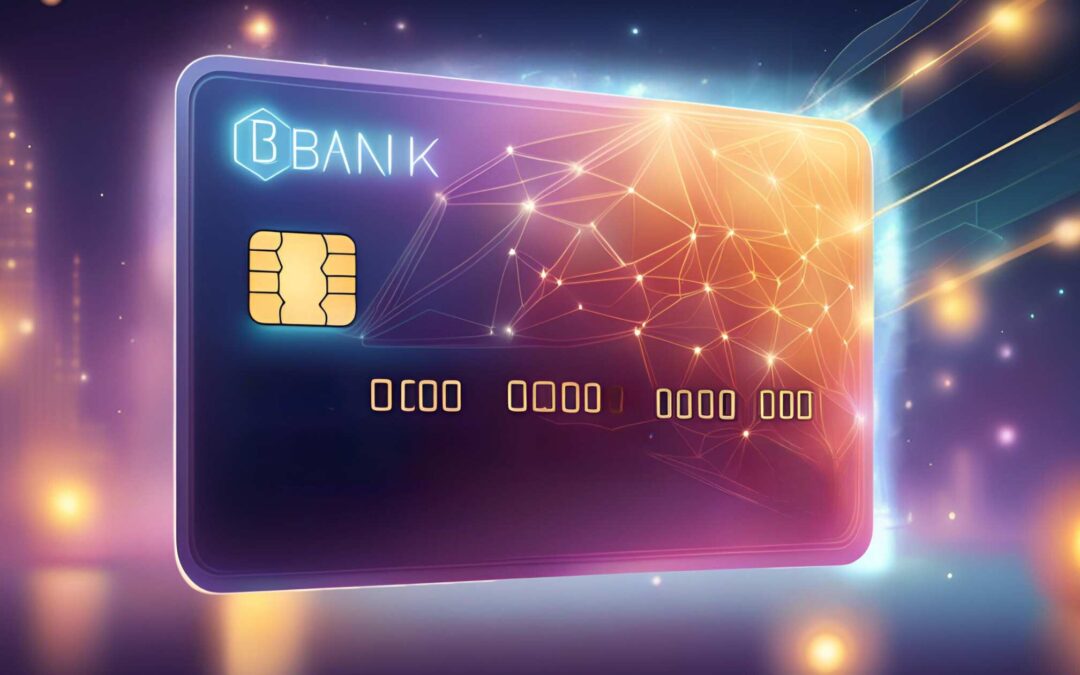Mastercard is integrating advanced technologies with major banking institutions to enhance cryptocurrency transactions and settlement systems. They are set to become a pivotal players in the evolving digital currency landscape.
Mastercard has teamed up with leading U.S. banks, including Citigroup, Visa, and JPMorgan, to explore a new way of handling settlements across different types of assets using a technology called a shared ledger.
This technology, known as the Regulated Settlement Network (RSN), allows for the tokenisation of assets like government bonds, high-quality debt, and bank-issued money, enabling them to be settled together on one platform.
Traditionally, these assets are handled through separate systems, but with RSN, they are converted into digital tokens and managed collectively on a single system.
This method aims to simplify the settlement process by using a distributed ledger—a type of database spread across several sites, countries, or institutions, ensuring secure and transparent transactions.
This initiative is part of a broader trial that began with a 12-week pilot in late 2022, initially focusing on cross-border and domestic dollar transactions between banks.
The first phase of Mastercard on a distributed ledger
The current phase is experimenting with simulating settlements in U.S. dollars to refine the process.
Mastercard’s recent announcement highlighted the potential benefits of this technology, such as enhanced efficiency in cross-border settlements and a reduction in errors and fraud risks.
Raj Dhamodharan, who leads Mastercard’s blockchain and digital assets efforts, emphasised that this approach could revolutionise market infrastructure by enabling around-the-clock, seamless settlements.
The RSN Proof of Concept (PoC) has been expanded with two notable additions: interbank tokenised deposit networks, featuring the USDF Consortium as a key participant and the Tassat Group as a contributor.
Additionally, the consulting giant Deloitte is providing advisory services. The Securities Industry and Financial Markets Association is overseeing the program.
There are ten major banking participants in the project: Citi, JPMorgan, Mastercard, Swift, TD Bank N.A., U.S. Bank, USDF, Wells Fargo, Visa, and Zions Bancorp.
Furthermore, six additional participants are contributing their specialized expertise, including the nonprofit MITRE Corporation, BNY Mellon, Broadridge, the DTCC, ISDA, and the Tassat Group.
Catalysing cryptocurrency adoption and utility
The collaboration between Visa and Transak, a Web3 infrastructure service, has garnered attention, particularly among crypto wallet users like those of MetaMask, Ledger, and Trust Wallet.
This partnership is significant as it simplifies the process of converting cryptocurrency into fiat currency.
Visa now allows crypto to be directly converted into local fiat at over 130 million merchant locations across 145 countries. This development is particularly notable because it supports around 40 types of cryptocurrencies.
The implications of this advancement extend beyond convenience for cryptocurrency users.
The involvement of Visa and Mastercard in the crypto sector signifies a crucial shift, potentially indicating a bullish trend for the market.
Despite previous hesitations, such as Visa’s reported step back from crypto partnerships last year, the current engagement suggests a strategic recalibration in response to positive market movements, such as rising Bitcoin prices and significant crypto events like Bitcoin halving.
Implications for Centralized and Decentralized Crypto Exchanges
This shift might pose a challenge to centralised crypto exchanges like Coinbase and Binance, as users now have the option to bypass these platforms for certain transactions.
However, the broader adoption of cryptocurrencies facilitated by Visa and Mastercard could benefit the entire industry, including decentralised finance (DeFi) and centralised exchanges (CEXs).
The role of CEXs remains crucial in ensuring the scalability, reliability, and security of crypto transactions.
The entry of major payment networks into crypto payments also addresses the ‘network effects’ barrier, where the utility of new forms of money increases as more people and merchants accept them.
By enabling real-time conversion of cryptocurrencies to fiat, Visa and similar entities are making cryptocurrencies a more practical medium of exchange.
However, this integration comes with trade-offs, particularly concerning the decentralisation and privacy aspects that are foundational to cryptocurrencies.
The involvement of traditional financial entities in crypto payments might dilute some of these core principles, although it could also lead to greater mainstream adoption and acceptance of cryptocurrencies as a part of everyday financial transactions.

